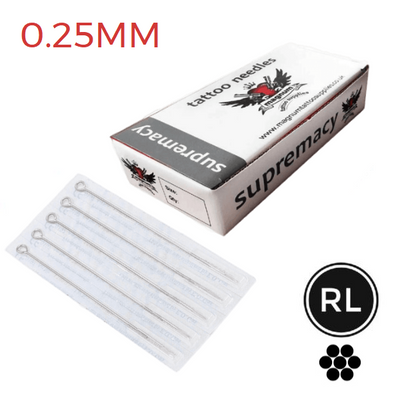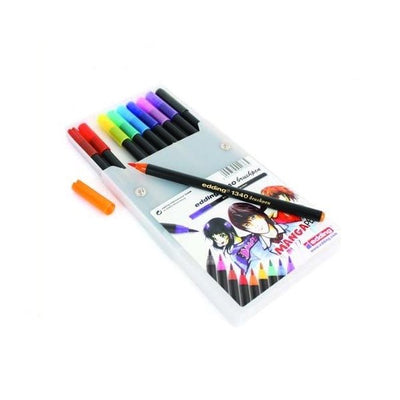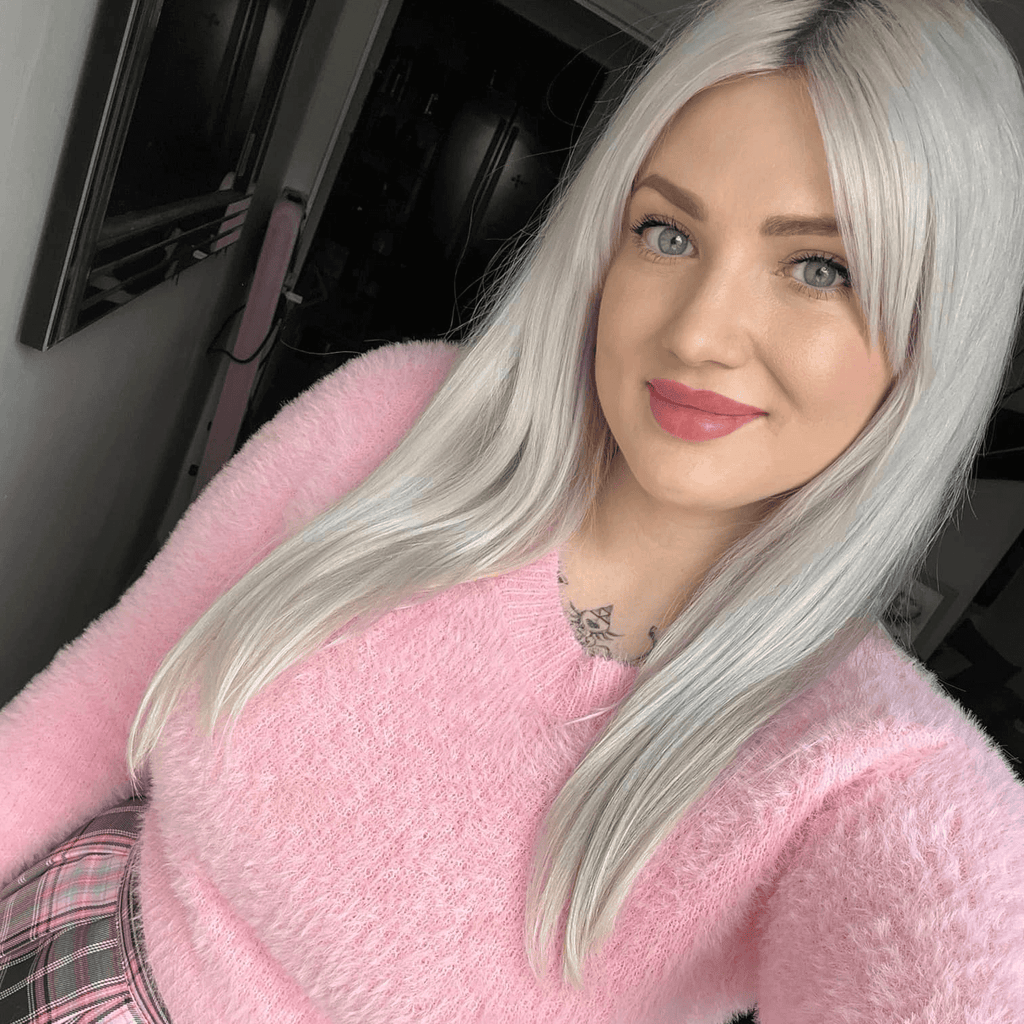The art of tattooing has come a long way from its traditional roots, evolving into a dynamic form of personal expression embraced by diverse cultures worldwide. Today, the tattoo industry stands at the cusp of a technological revolution, with emerging trends and advancements promising to redefine the tattooing experience.
In this article, we explore the exciting future of tattooing, highlighting key technologies and trends shaping this ancient yet ever-evolving art form.

Emerging technologies and innovations in tattooing
Digital design and customisation
- Augmented Reality (AR) enhancements: AR technology might be integrated with mobile devices or even AR glasses, enabling clients to visualise a tattoo image on their bodies in real-time and their actual environment. This could extend to interactive elements, where clients can modify designs on their skin in real-time.
- Virtual reality (VR) tattoo studios: VR could allow clients to enter a virtual tattoo studio, select and customise designs, and even experience a simulated tattooing process before going through the actual procedure.
- AI-driven design tools: Artificial Intelligence is being leveraged to create unique tattoo designs. These tools can generate personalised designs based on individual preferences and styles or even interpret personal stories into artistic interpretations.
- Full-body 3D scanning and modelling: Future digital customisation may involve full-body 3D scanning, allowing tattoo artists and clients to view and modify tattoo designs on a 3D model of the client's body. This would provide a highly accurate preview of a tattoo's look from every angle.
Advancements in tattoo machines
Advancements in tattoo machines have been significant, focusing on improving precision, comfort, and overall efficiency. Here are some of the key developments:
- Precision robotics: Robotic arms, guided by a skilled tattoo artist, are being developed for more precision in tattooing, reducing the chances of human error and enhancing intricate design capabilities.
- Rotary machines: Modern tattoo machines have evolved from traditional coil machines to more advanced rotary machines. These are quieter, lighter, and vibrate less, which reduces hand fatigue and allows for greater precision.
- Wireless tattoo machines: The rise of wireless technology in tattoo machines offers artists greater mobility and ease of use, leading to more fluid and dynamic tattooing sessions.
- Adjustable stroke and give: New tattoo machines come with adjustable stroke lengths and give, allowing artists to fine-tune the machine according to the type of work (lining, shading, colour packing) and their personal preference, leading to better control and versatility.
- Digital integration: Some tattoo machines are now integrating digital technology, providing artists with displays that show machine speed, voltage, and other important parameters. This helps in maintaining consistent performance throughout the tattoo process.
Tattoo ink innovations
Tattoo ink innovations have seen significant advancements in recent years, focusing on safety, longevity, and aesthetic variety. Here are some key developments:
- Biocompatible and hypoallergenic inks: Developing inks that do not cause skin irritations or allergic reactions is a significant step forward. These inks are designed to be more compatible with the body, reducing the risk of bad reactions.
- Temporary tattoo inks: Advances in ink technology include the development of temporary tattoo ink that lasts for a few months to a year, catering to those who seek non-permanent options.
- Vegan inks: There is a growing trend towards using vegan tattoo inks that are free from animal byproducts such as gelatin or bone char. This shift caters to ethical and dietary preferences, making tattoos more accessible to a broader audience.
- UV and glow-in-the-dark inks: These inks are invisible or nearly invisible in daylight but glow under ultraviolet light. They offer a unique aesthetic for those seeking a more discreet or unconventional tattoo.
Health and safety technologies
The tattoo industry has seen significant advancements in health and safety technologies, aiming to enhance both the safety of the tattooing process and the overall well-being of clients and artists. Here are some key developments in this area:
- Smart needles: These enhanced needles are designed to monitor the depth and pressure applied during tattooing, ensuring consistent quality and reducing skin trauma.
- Sterilisation techniques: Innovations in sterilisation equipment and methods improve tattoo studios' hygiene and safety standards.
- Medical and health monitoring inks: There's ongoing research into specialised inks that could monitor health conditions by changing colour in response to body chemistry changes, potentially serving medical purposes.
- Single-use disposable items: The shift towards single-use items like needles, tubes, and ink cups has significantly reduced the risk of cross-contamination. These disposable items are used once and then discarded, ensuring a high level of hygiene.
- Advanced healing solutions: The introduction of specialised healing ointments and aftercare products helps in faster and safer healing of the tattooed skin. These products often contain ingredients that moisturise the skin, reduce inflammation, and prevent infection.

Tattoo trends in the future
Eco-friendly and sustainable practices
With a growing emphasis on sustainability, more tattoo studios may adopt eco-friendly practices, including using biodegradable needles, vegan inks, and sustainable energy sources.
Smart tattoos
We might see a rise in "smart tattoo" that go beyond aesthetics to perform functions like health monitoring, data storage, or interacting with digital devices using advanced inks and biotech integrations.
Personalised and AI-generated designs
The use of AI in creating personalised tattoo designs based on individual preferences, histories, or even genetic backgrounds could become more prevalent.
Temporary high-tech tattoos
The development of temporary tattoos that last for months and mimic the look and feel of real tattoos may become popular for those wanting body art without a lifelong commitment.
Cultural and heritage tattoos
As people become more interested in their heritage, there might be a resurgence of traditional tattooing methods and designs that reflect cultural histories and personal ancestry.
Minimalist and abstract designs: The trend for minimalist and abstract tattoos could continue to grow, focusing on simple lines, geometric shapes, and abstract art.
3D and optical illusion tattoos
Advancements in technique and technology could lead to a rise in 3D tattoos and designs that create optical illusions on the skin.
Interactive and dynamic tattoos: Tattoos that change colour or form in response to environmental changes or as a part of interactive artworks might become more common.
Holistic and therapeutic tattoo experiences
Tattooing might be increasingly seen as a holistic experience, combining the process with therapeutic elements like meditation, sound healing, or aromatherapy.
Customisation through digital platforms
Online platforms where clients can design, customise, and preview tattoos on their bodies using AR/VR technology could become a standard part of the tattooing experience.
Tattoo inking for health monitoring
Researchers from Harvard and MIT have been developing biosensitive inks that can be tattooed onto the body. These inks change colour to indicate health-related information, such as glucose levels in the case of diabetes. This technology has the potential to help health monitoring, but it may take time to become widely available.
Are tattoos still popular in 2024?
Tattoos continued to be popular and widely accepted in many cultures worldwide. This popularity was driven by several factors, such as the growing acceptance of tattoos in the workplace, the influence of celebrities and social media, and the continuous evolution of tattoo art in terms of styles and techniques.
Given these trends, it's reasonable to assume that tattoos would still be popular in 2024. The tattoo industry has been adept at adapting to changing tastes and incorporating new technologies and artistic trends, which helps maintain its relevance and appeal. Additionally, the increasing cultural acceptance and appreciation of tattoos as a personal expression likely contribute to their sustained popularity.

Conclusion
The future of tattooing is a fascinating convergence of art, technology, and personal expression. With these emerging technologies and trends, the industry is set to offer more personalized, creative, and sustainable tattooing experiences. This evolution honours the rich history of tattooing and propels it into a future where the possibilities are limitless as the imagination.
As we look forward, one thing is certain: the world of tattooing will continue to surprise and captivate us in ways we have yet to imagine.



























































 Studio supplies
Studio supplies












 Power & batteries
Power & batteries








 Aftercare
Aftercare





















 Apprentice
Apprentice


 Piercing & jewellery
Piercing & jewellery







 PMU supplies
PMU supplies




 New arrivals
New arrivals
 Gift vouchers
Gift vouchers
 Shop all
Shop all
















































